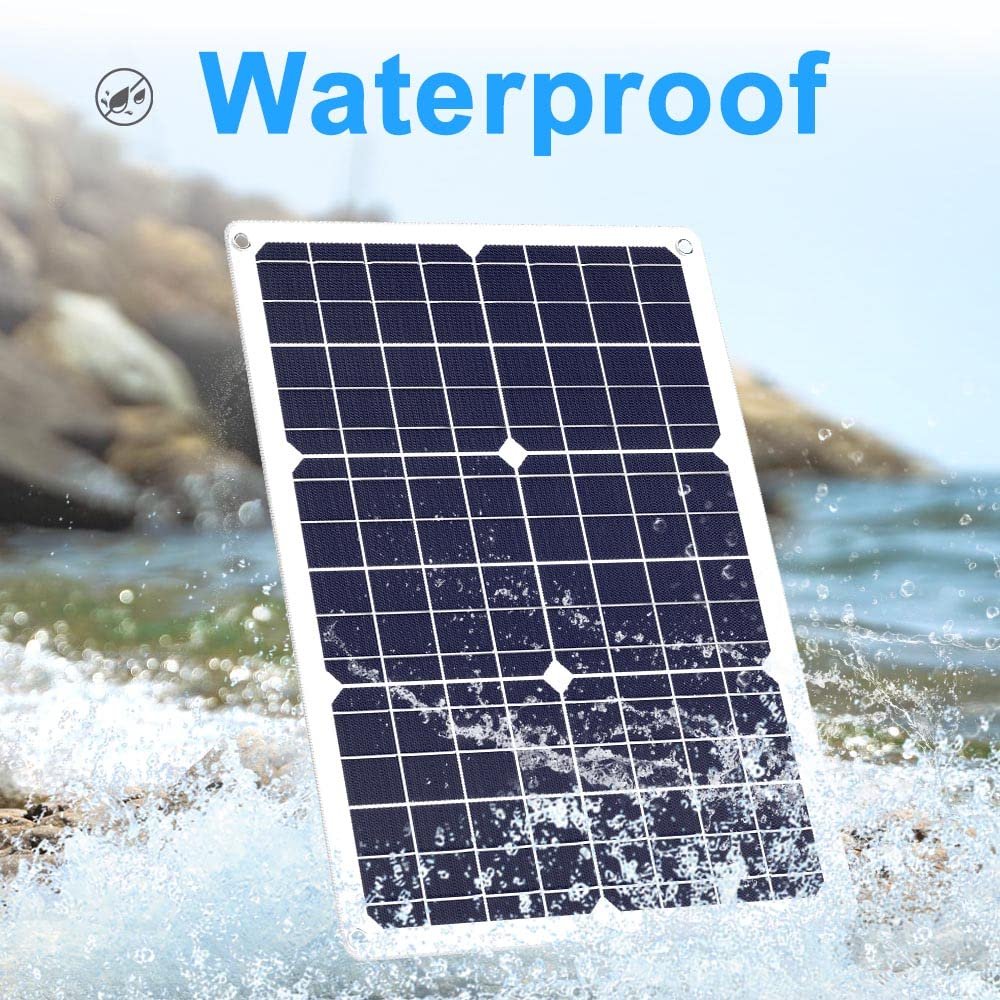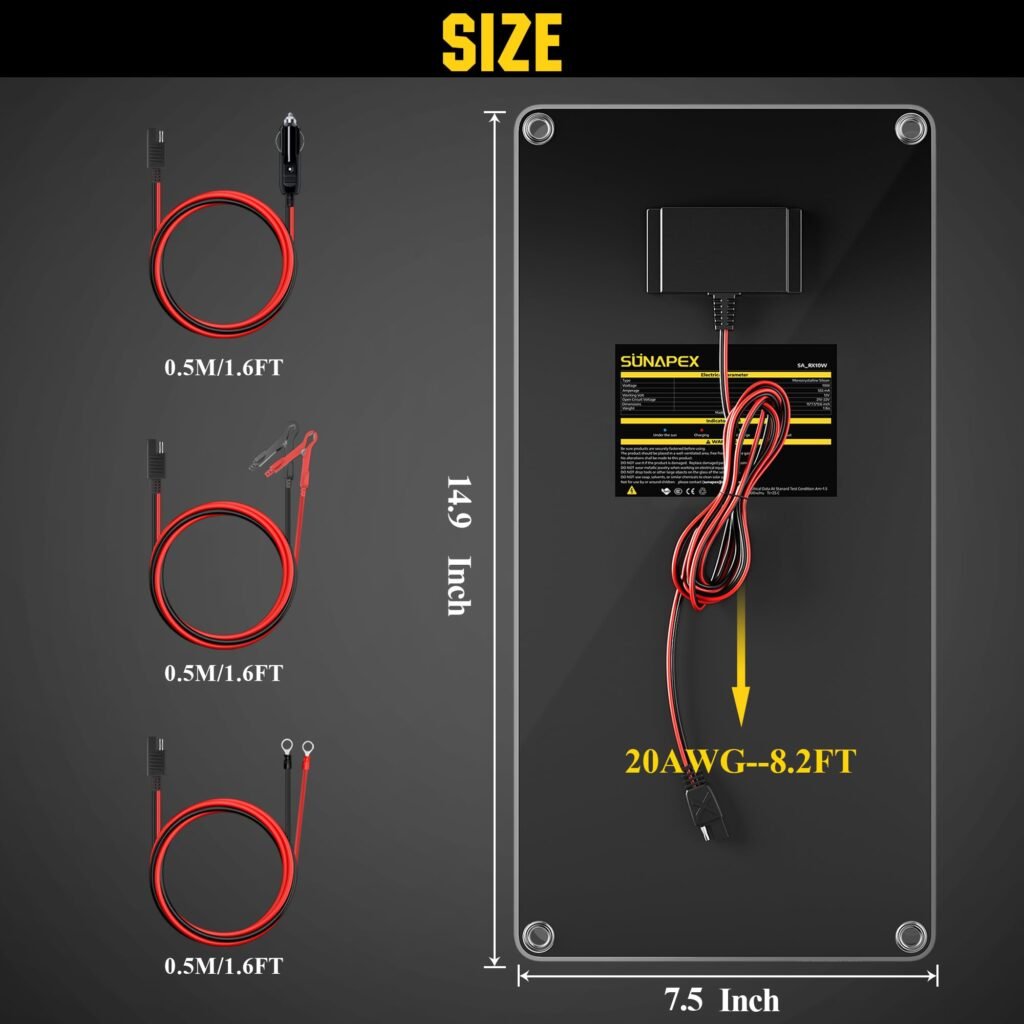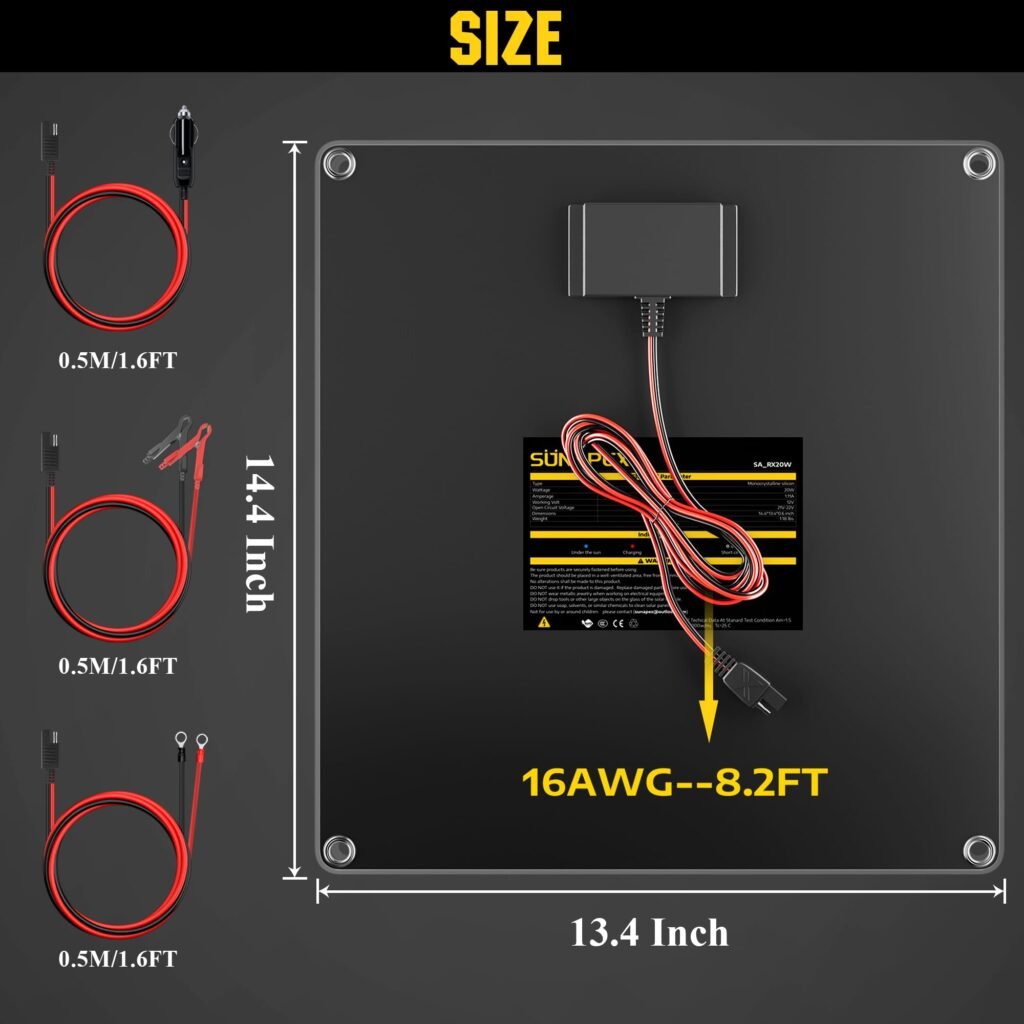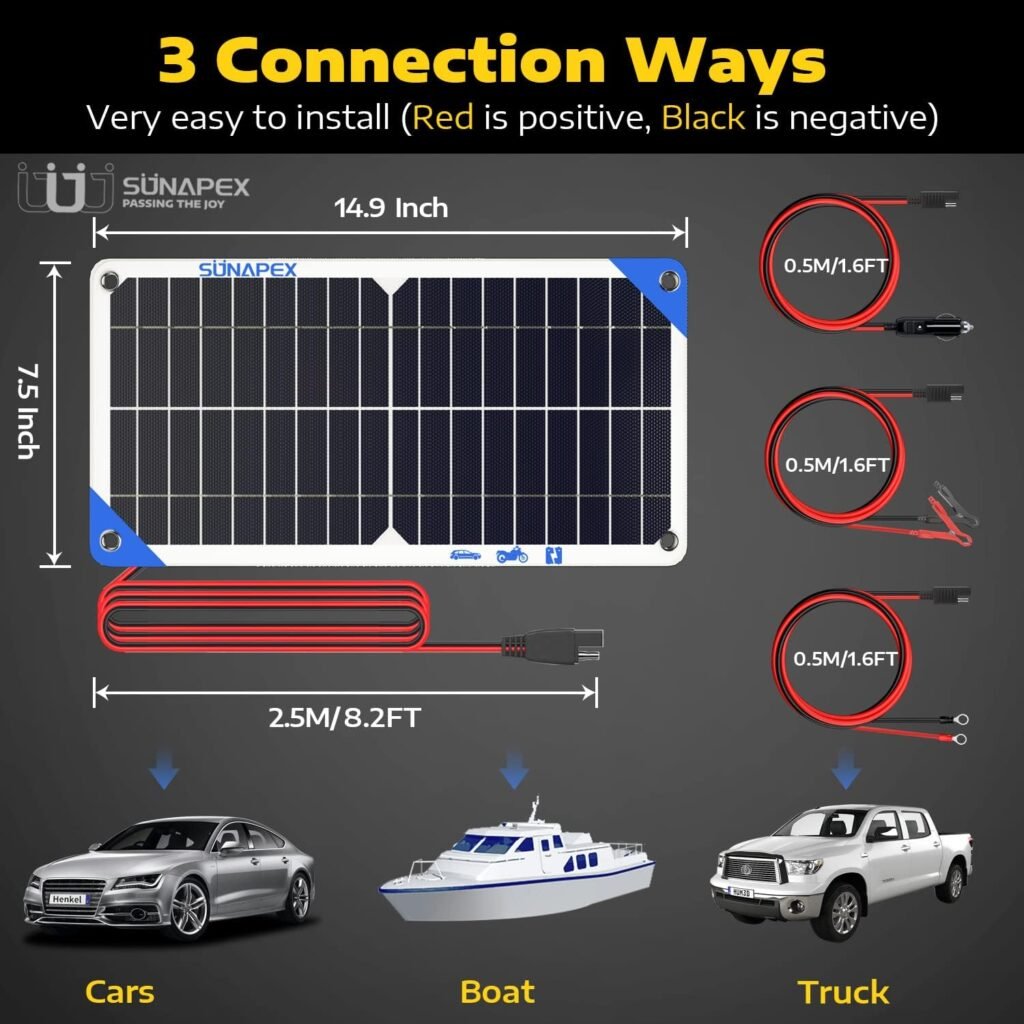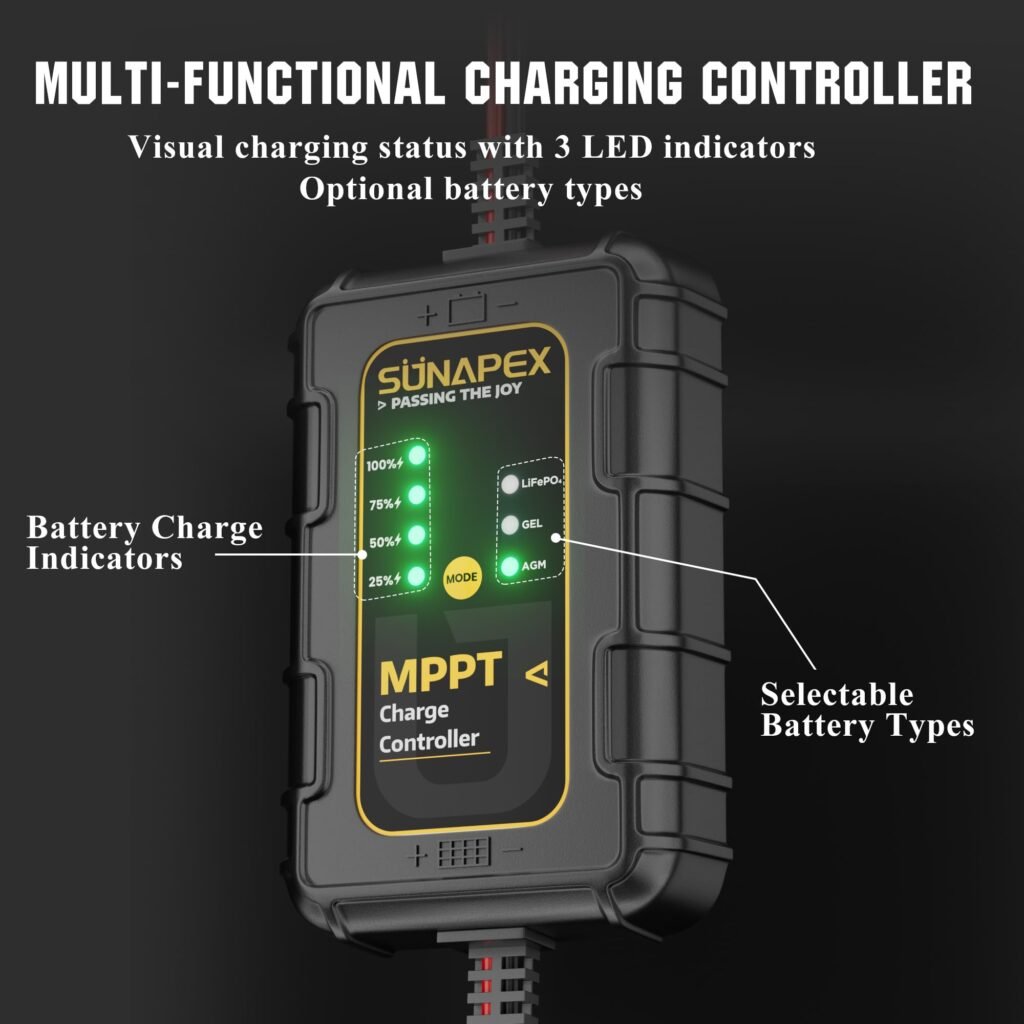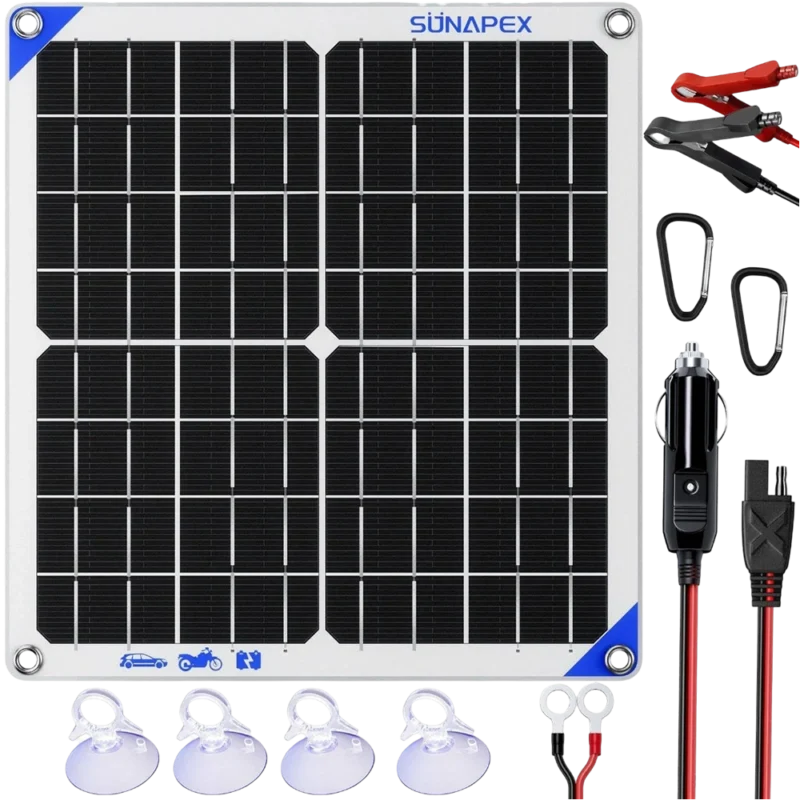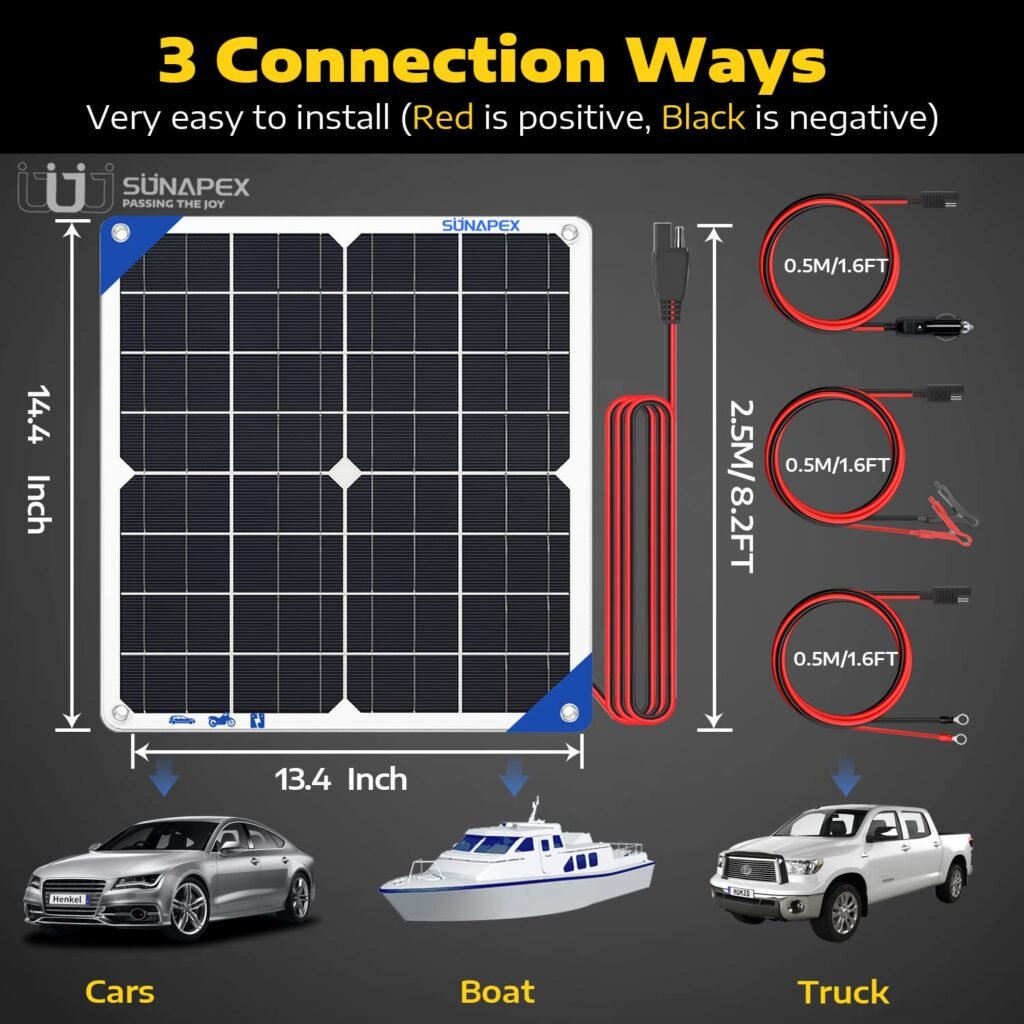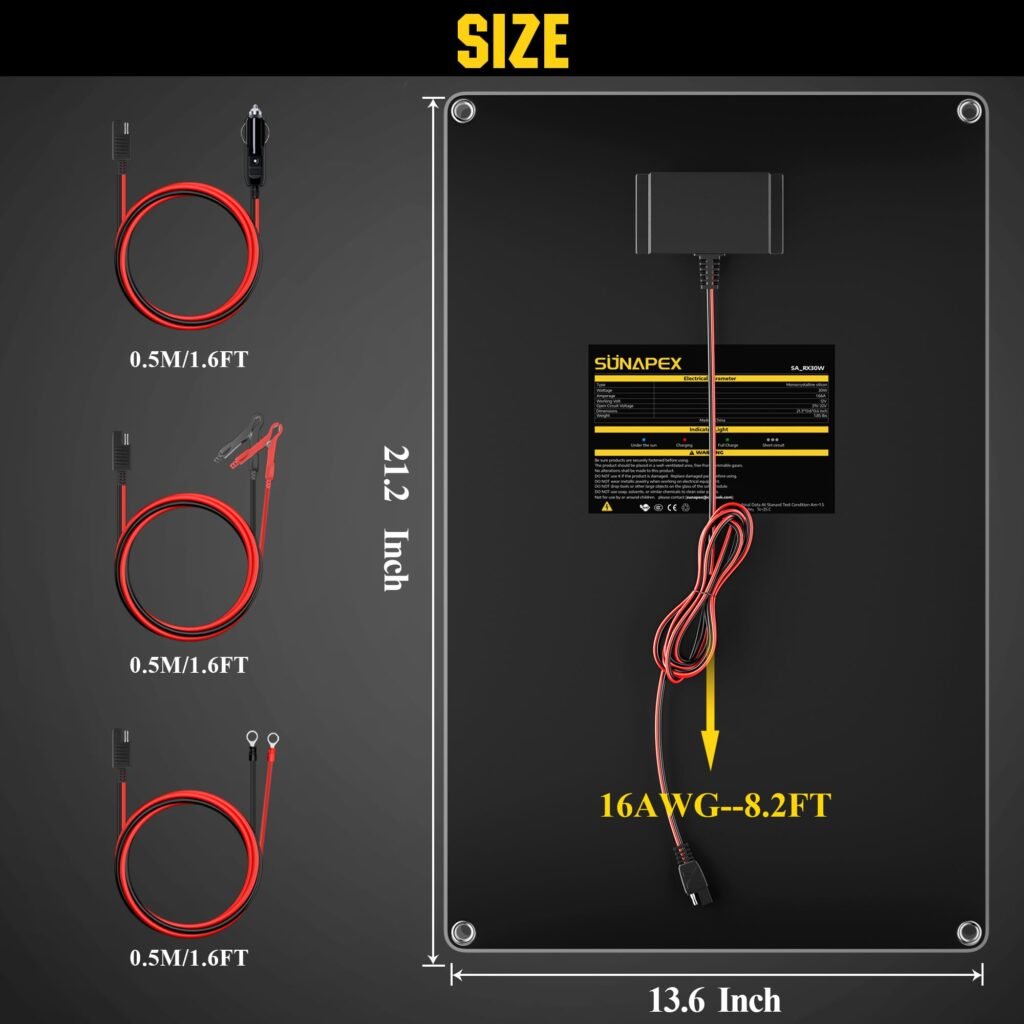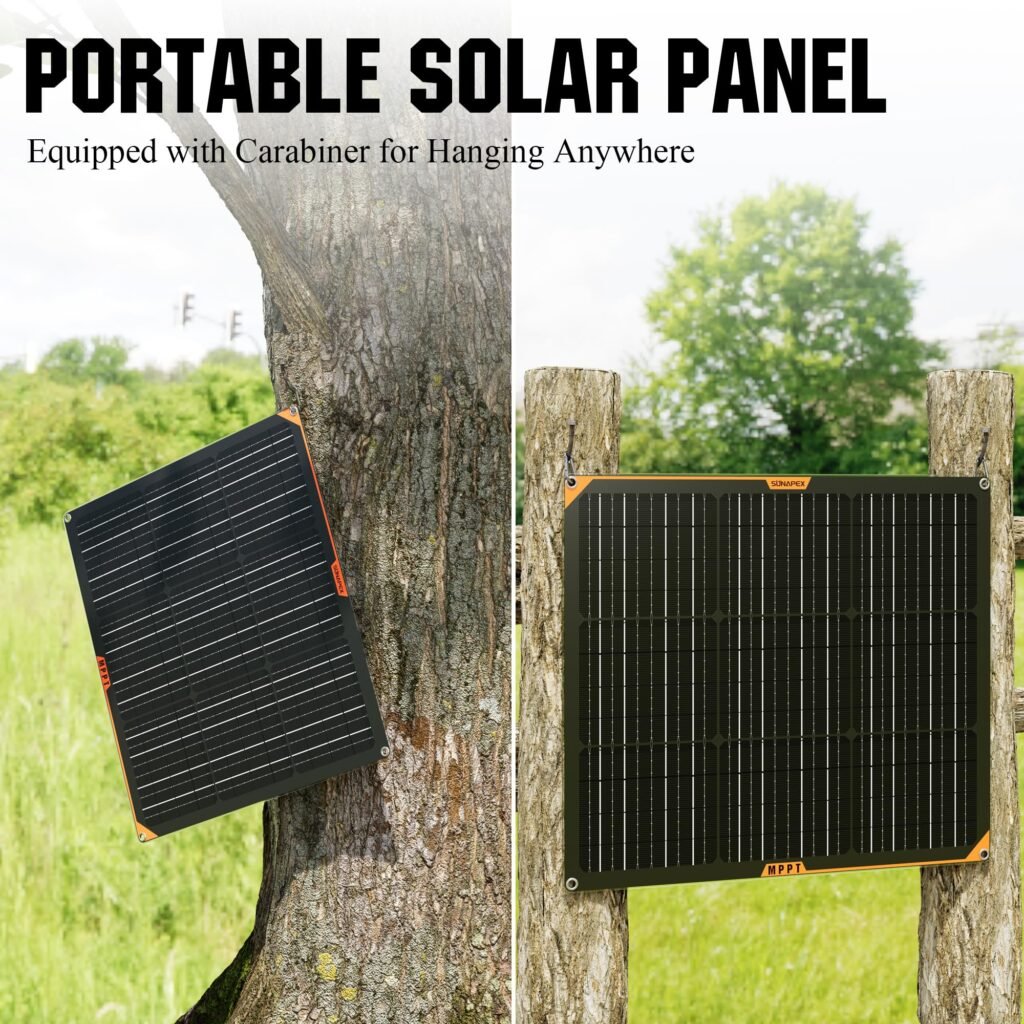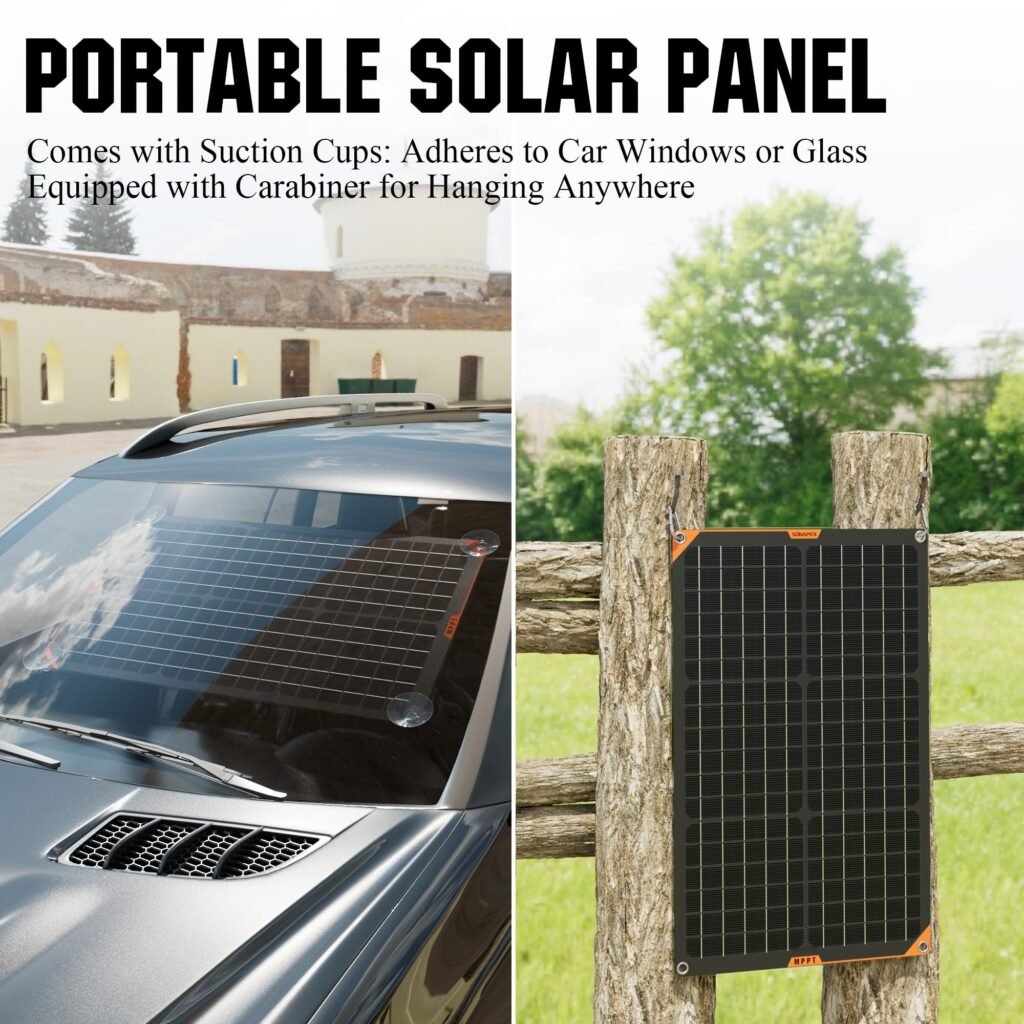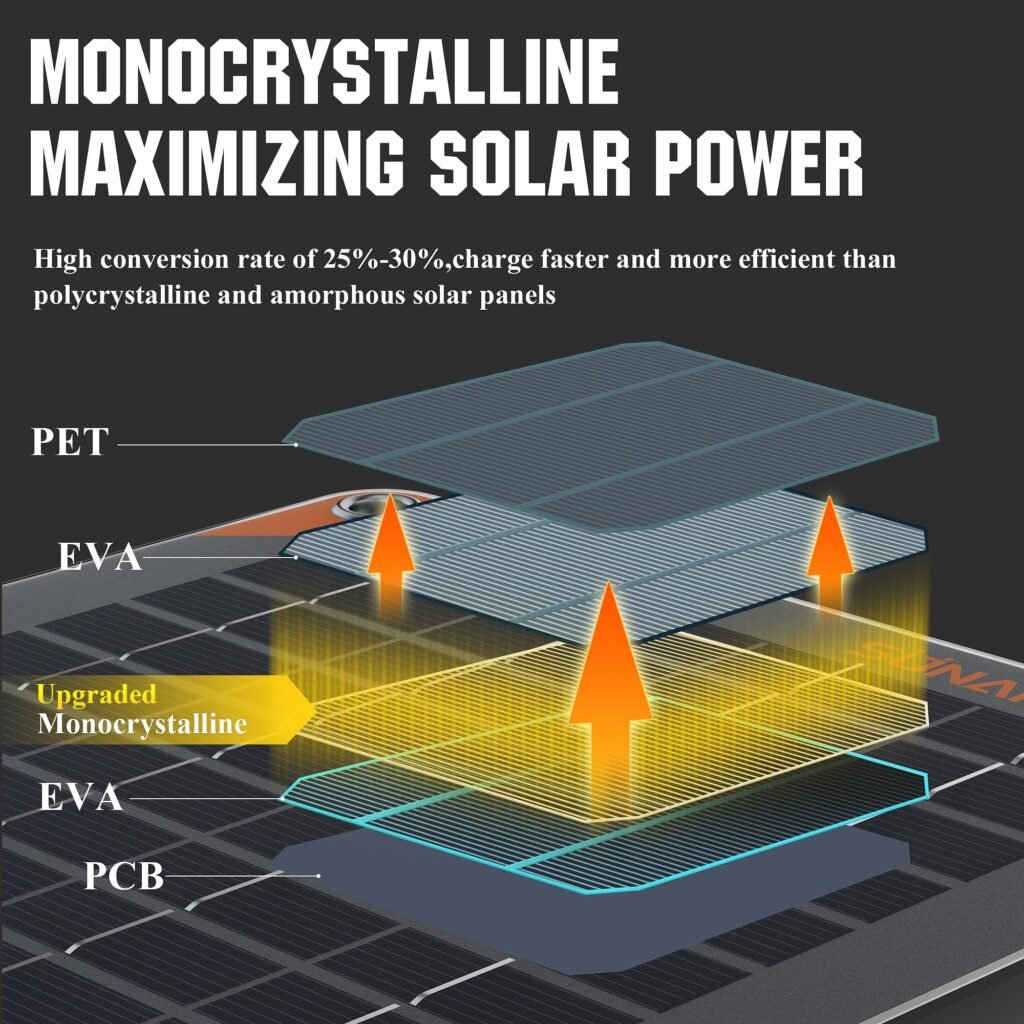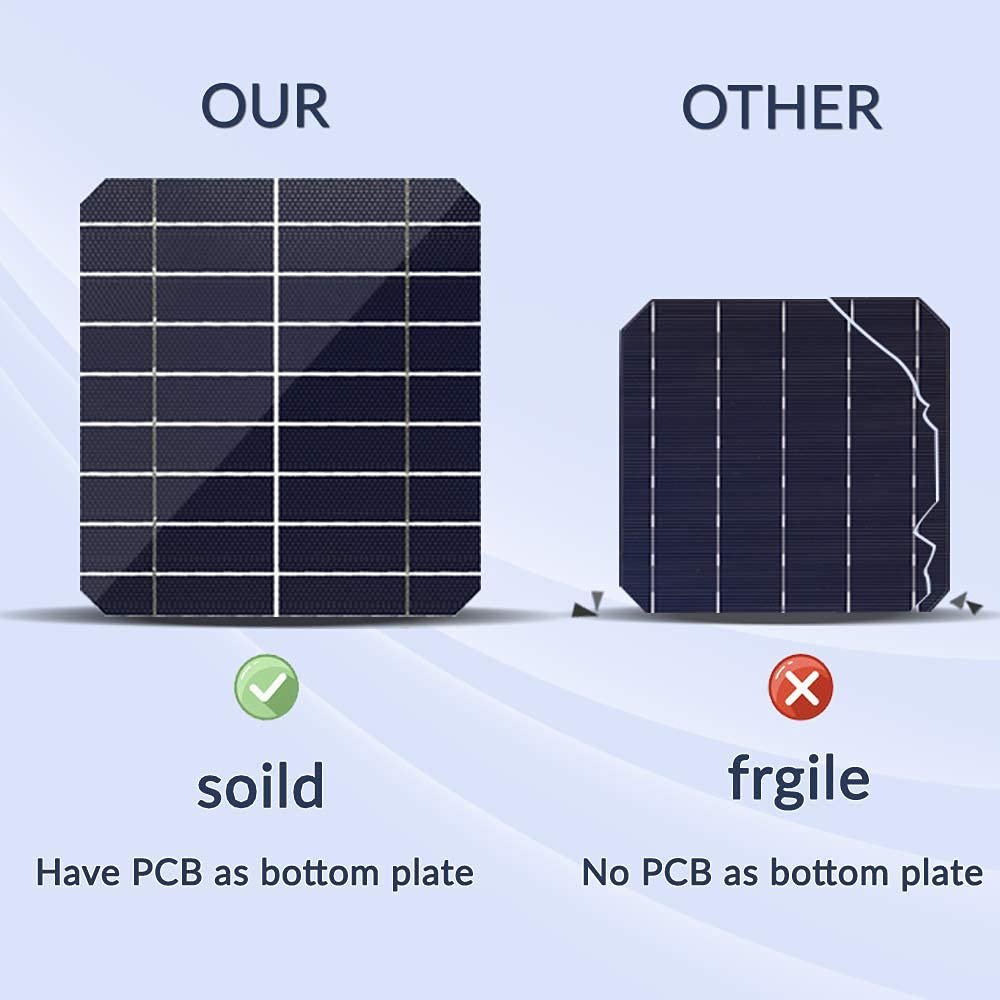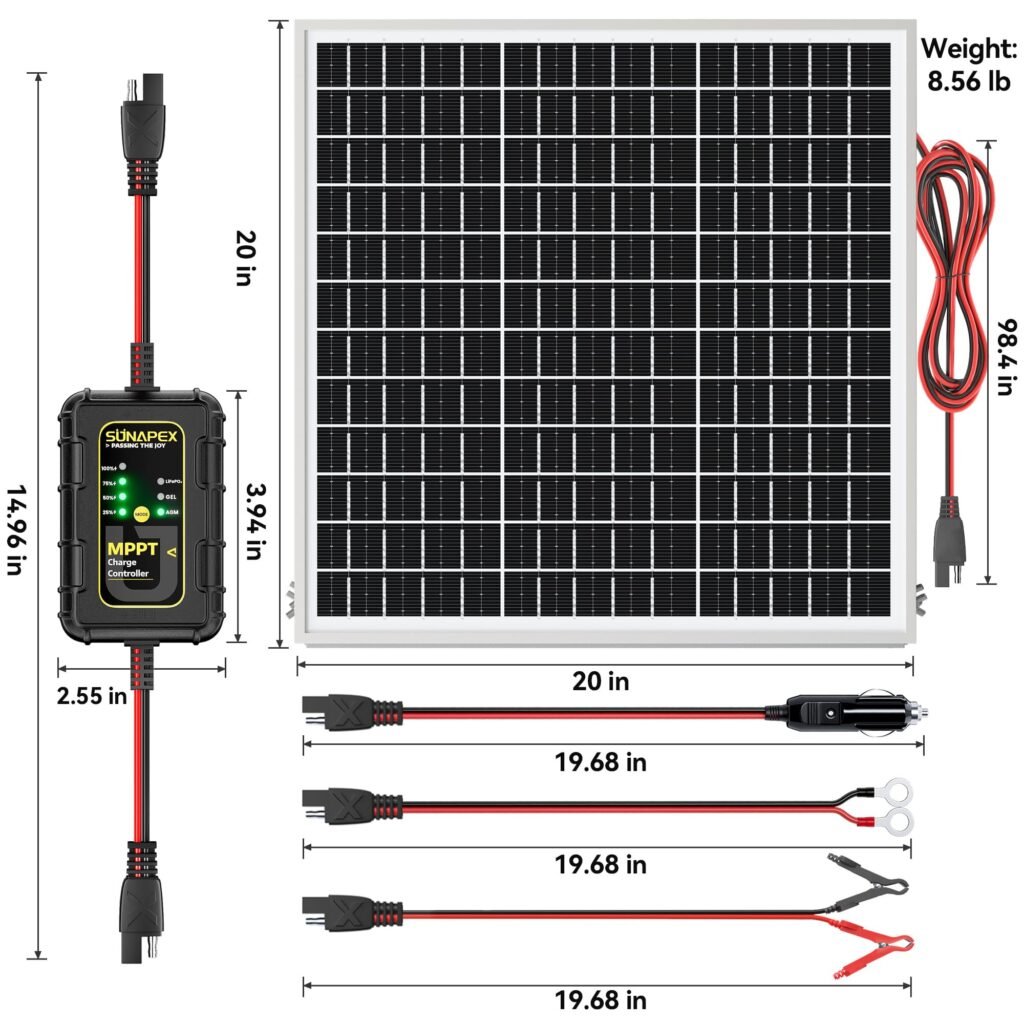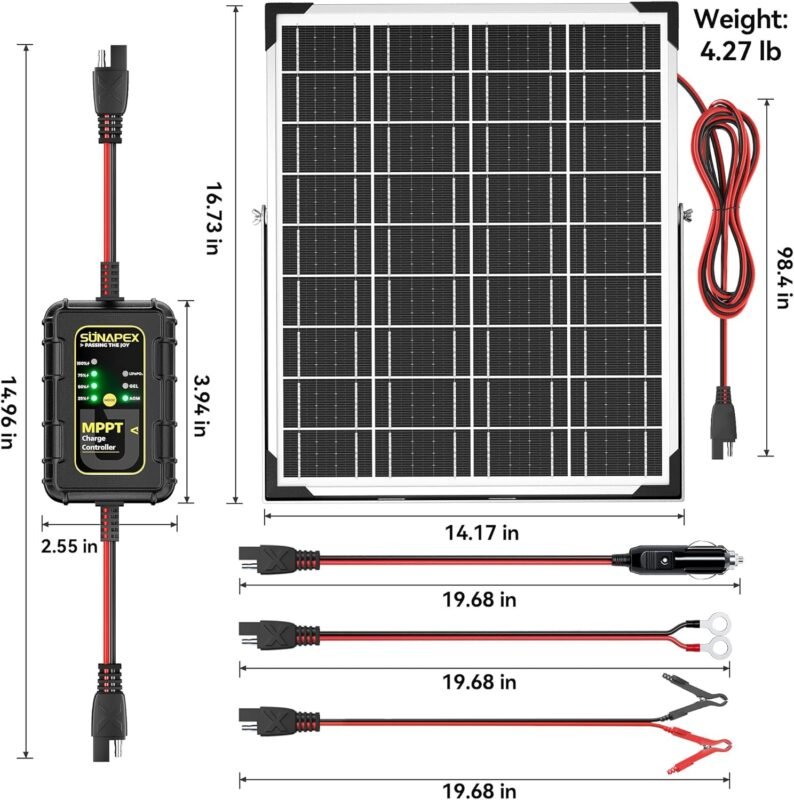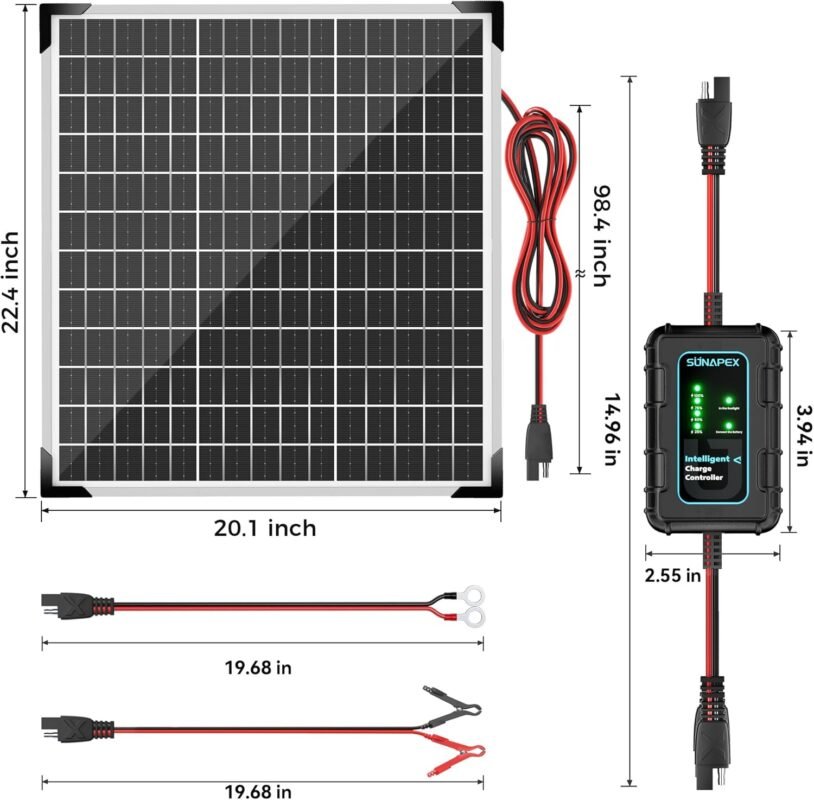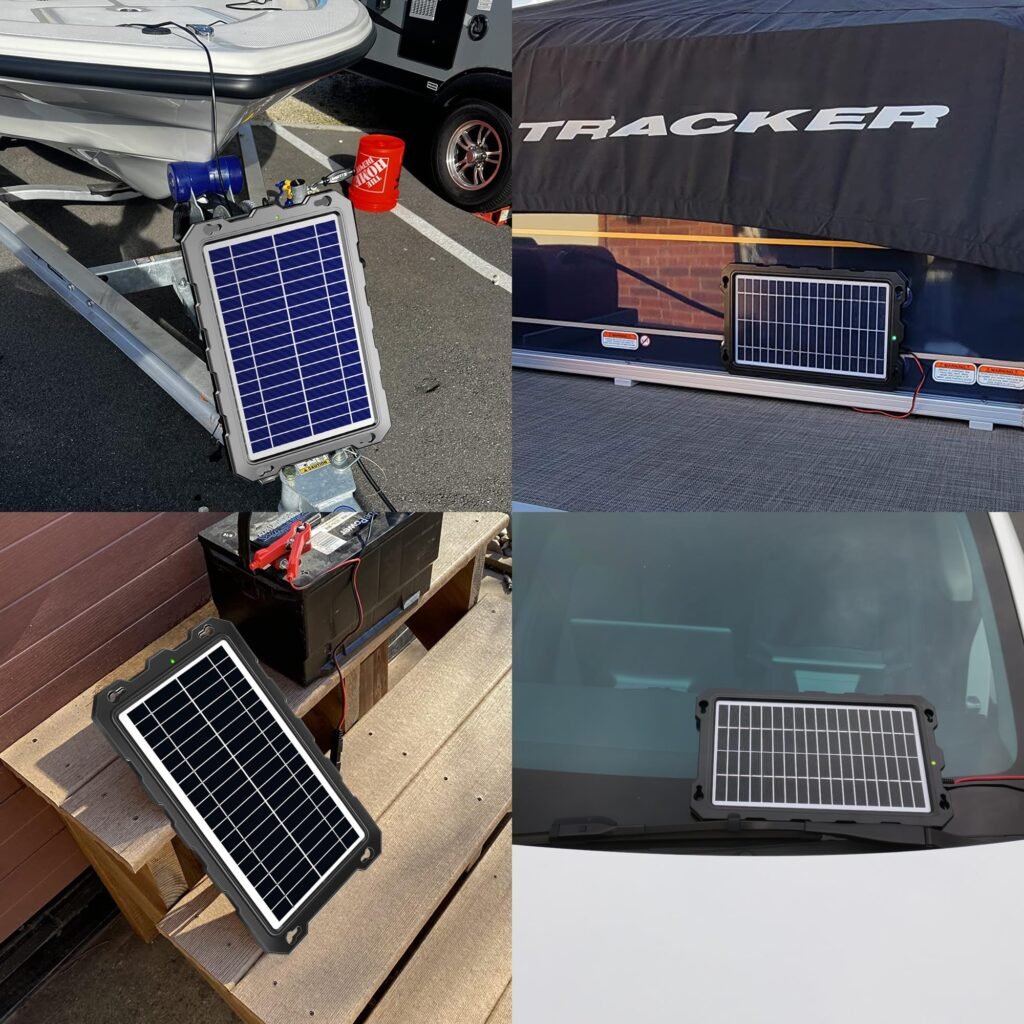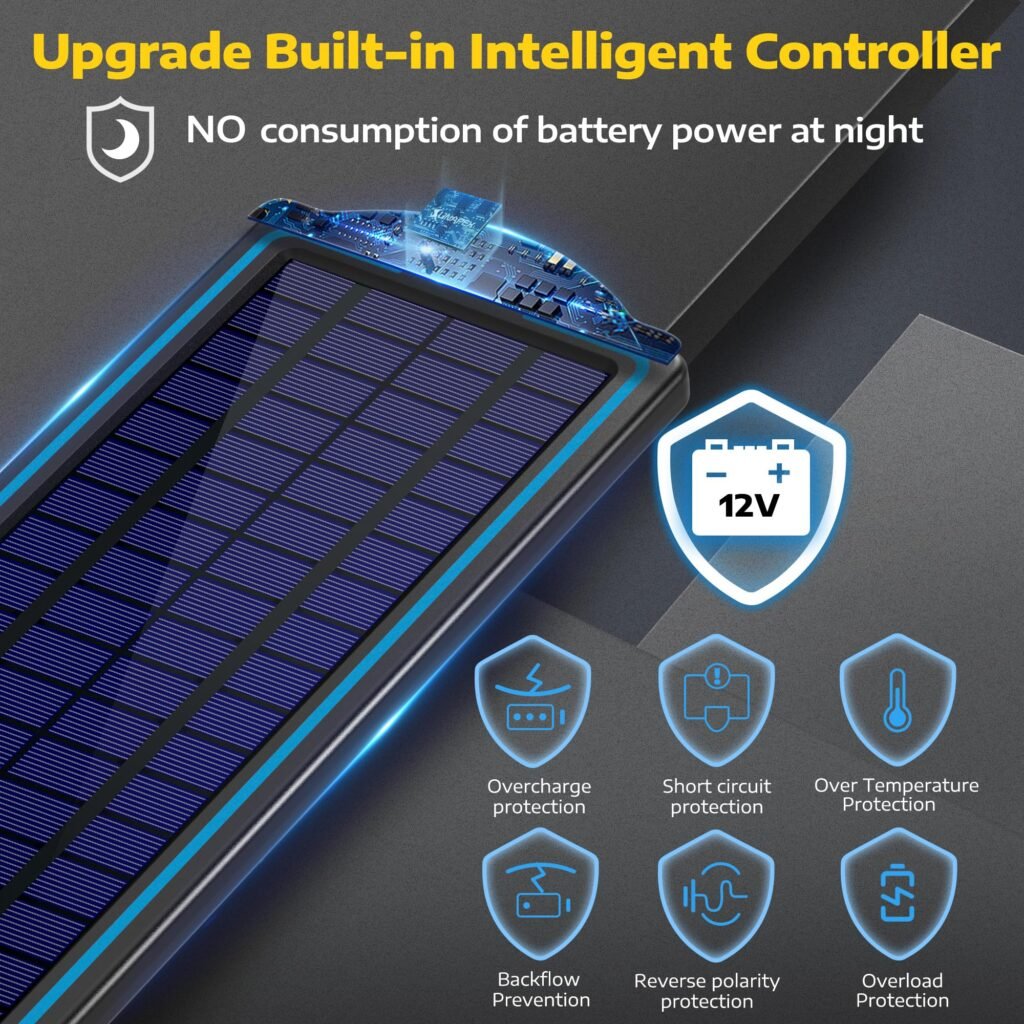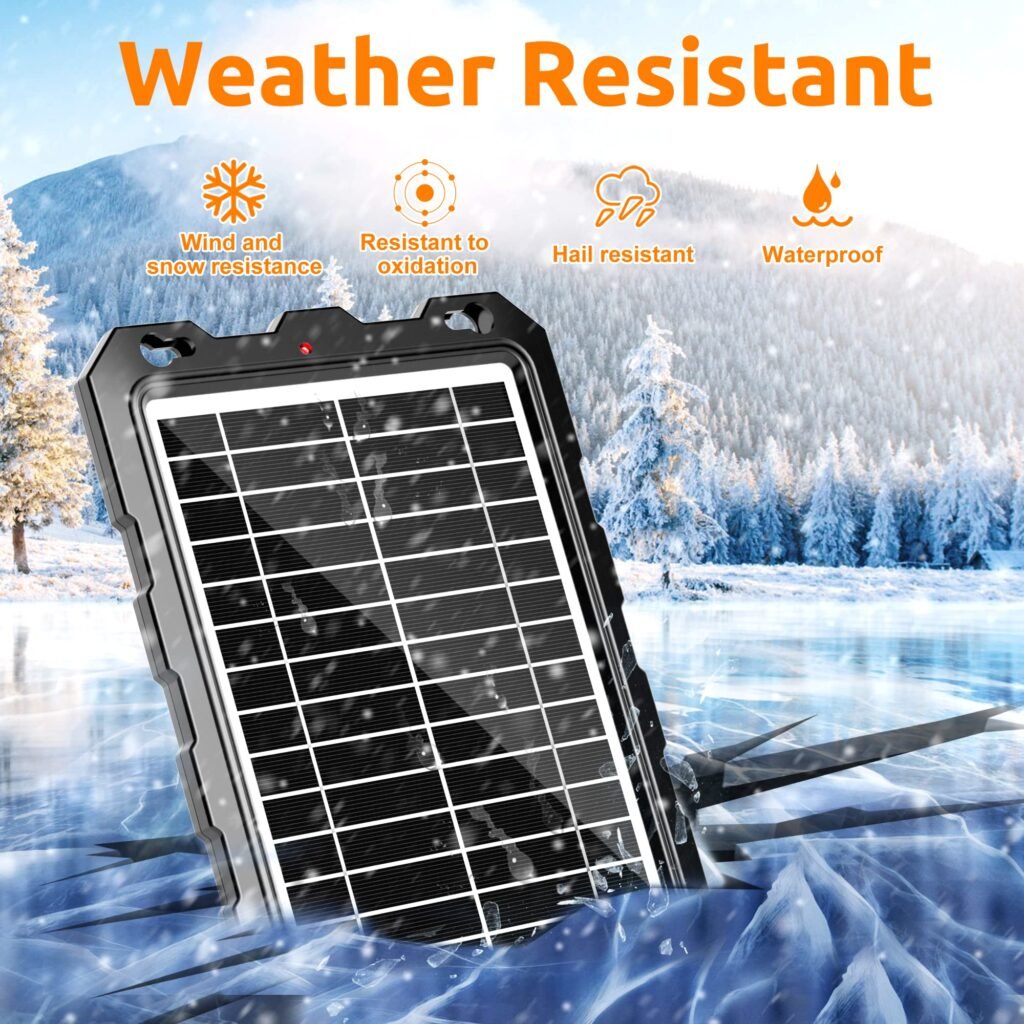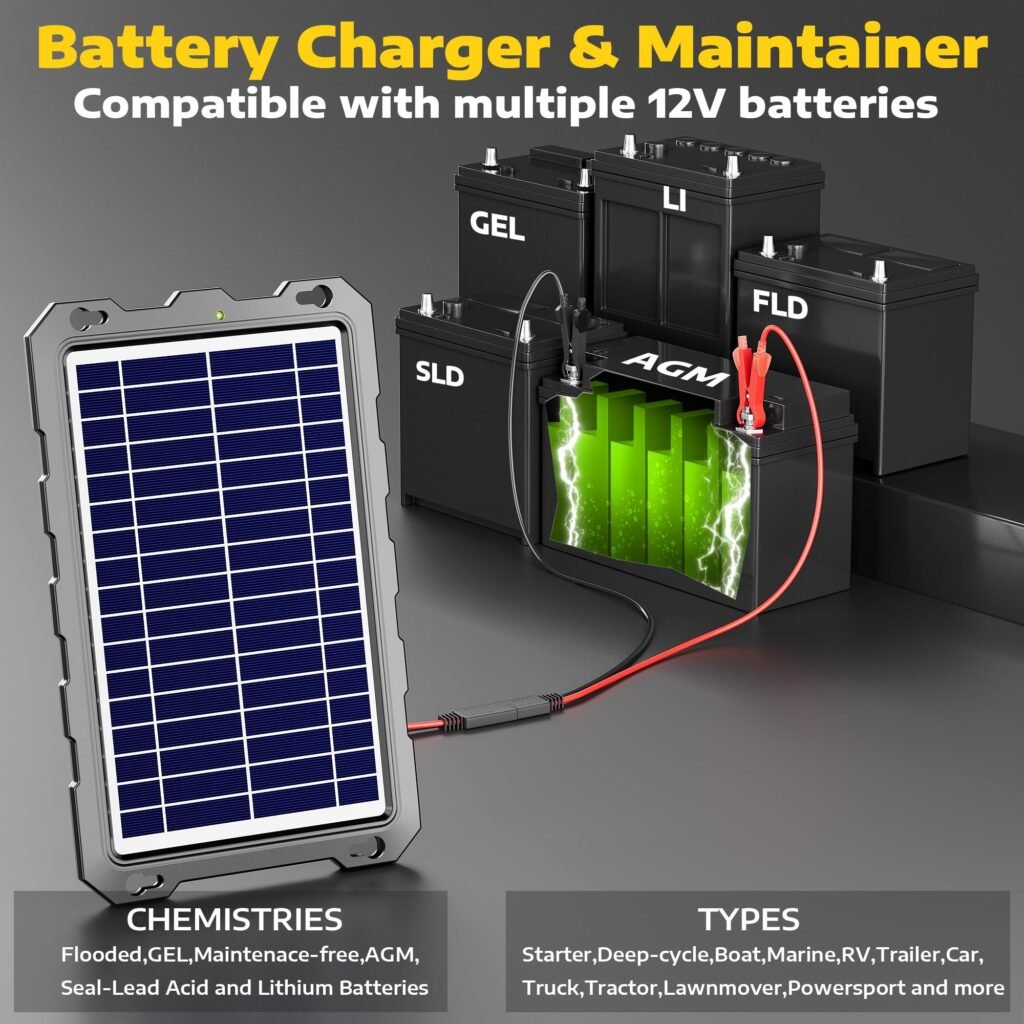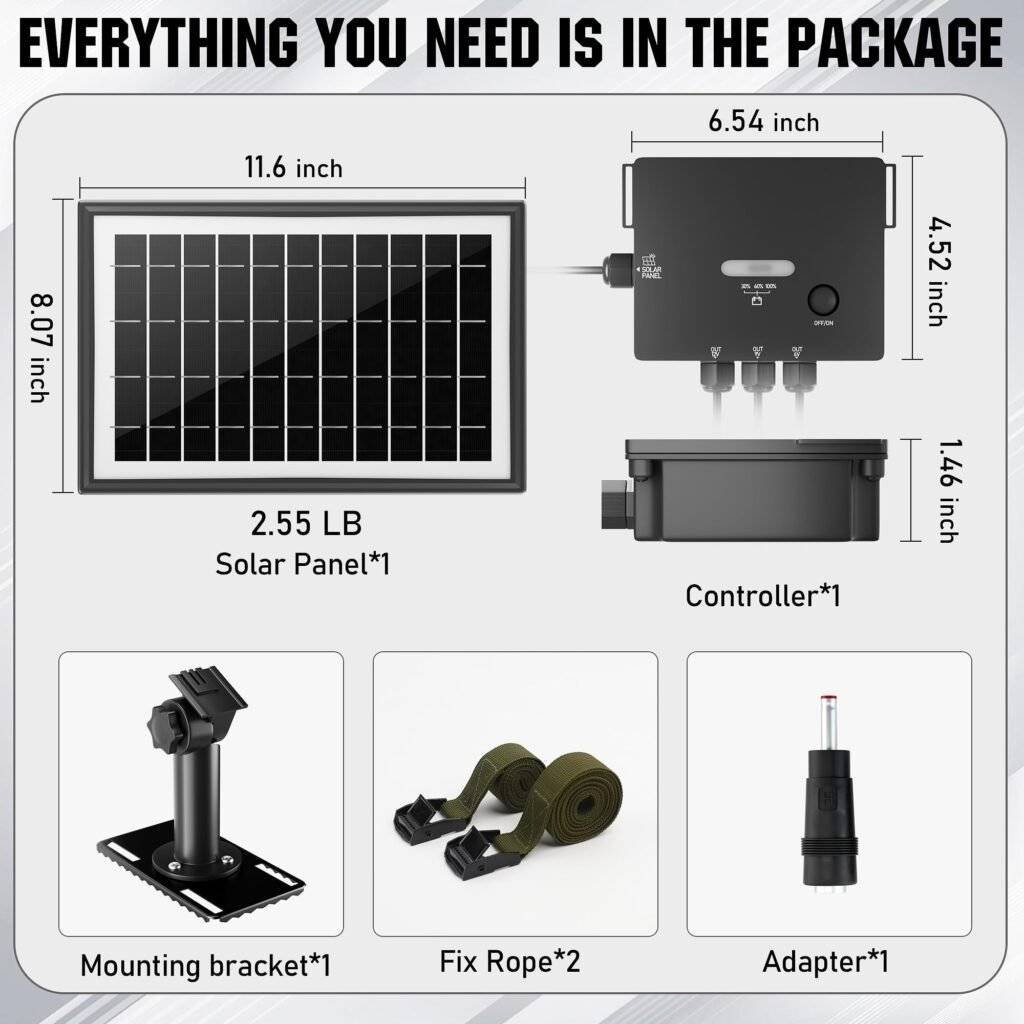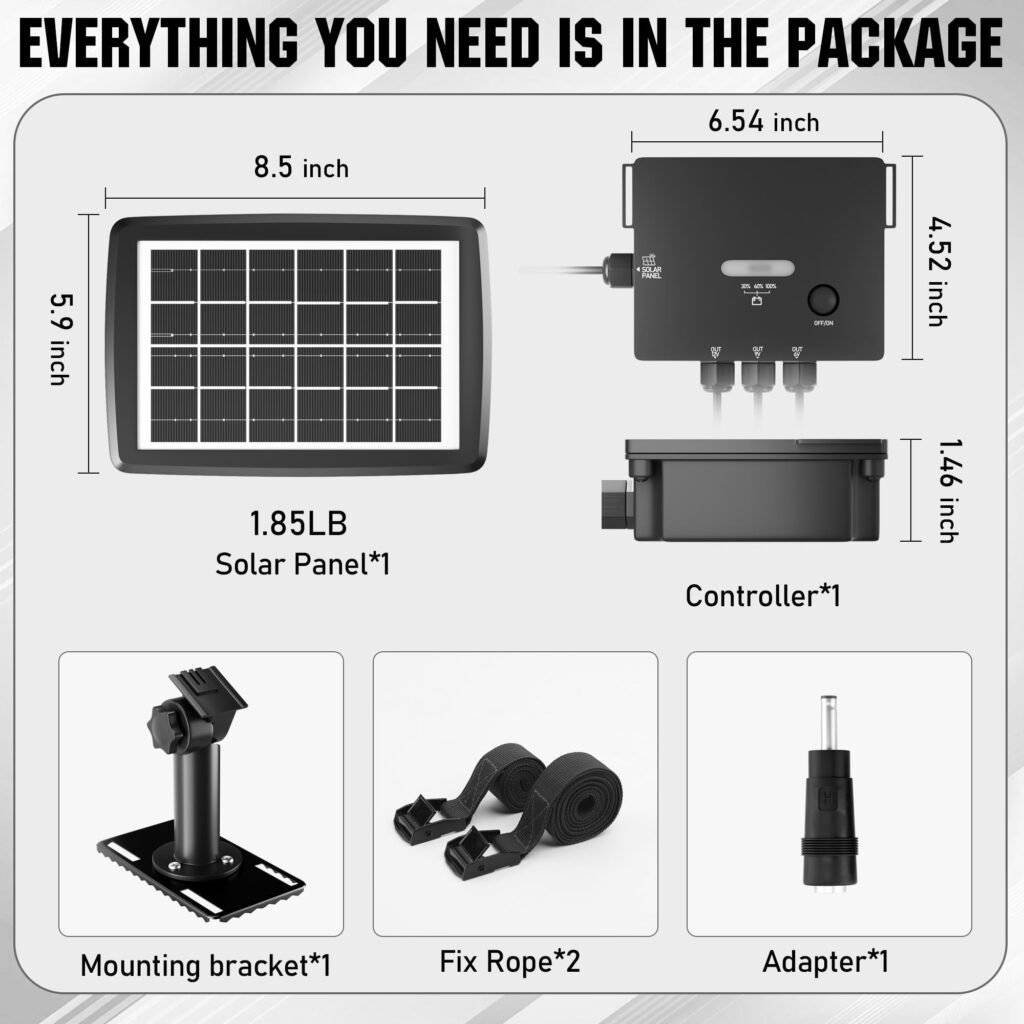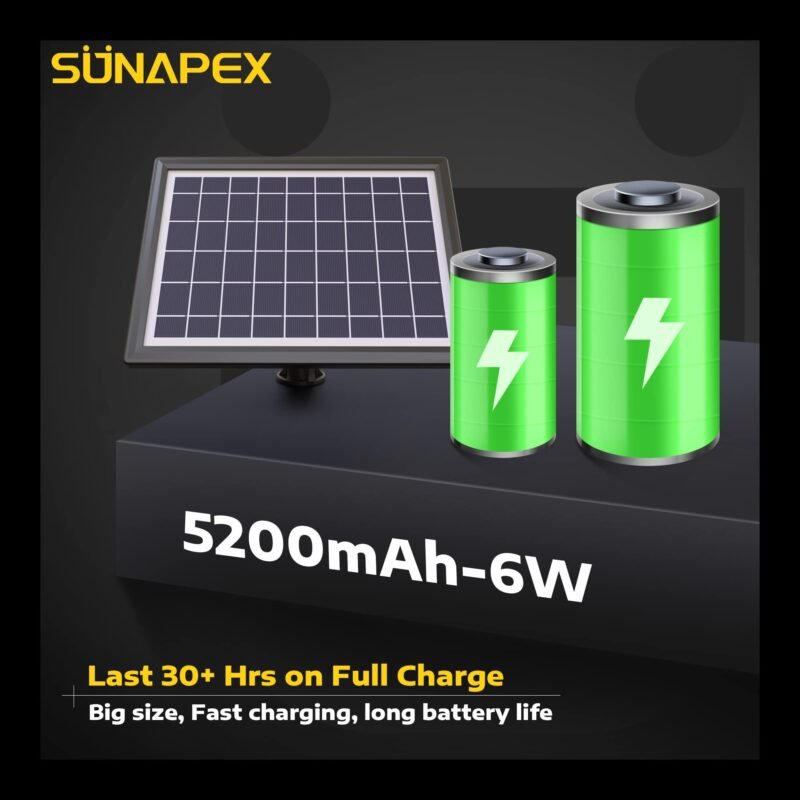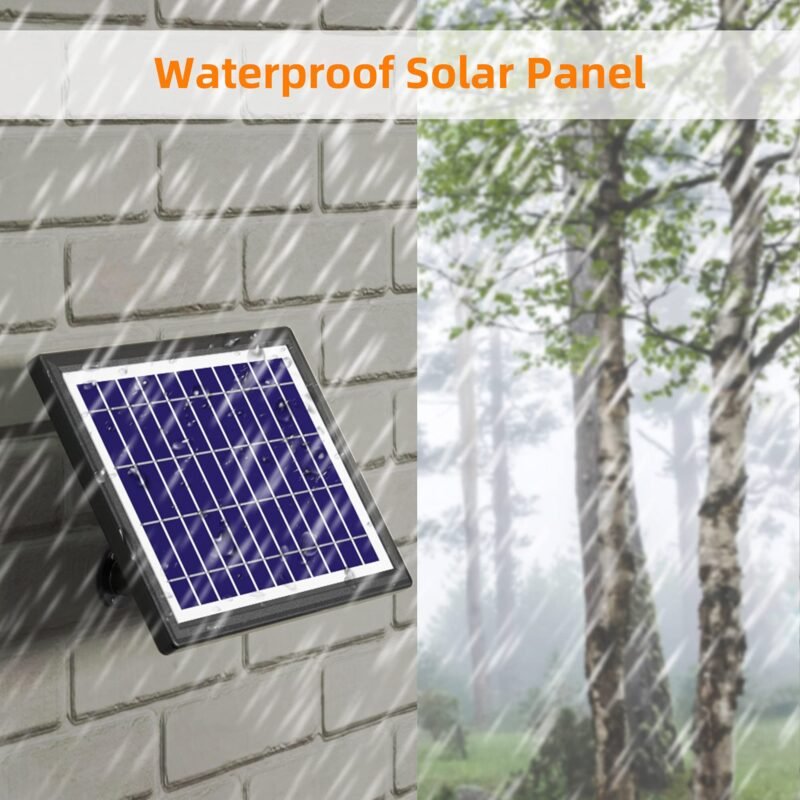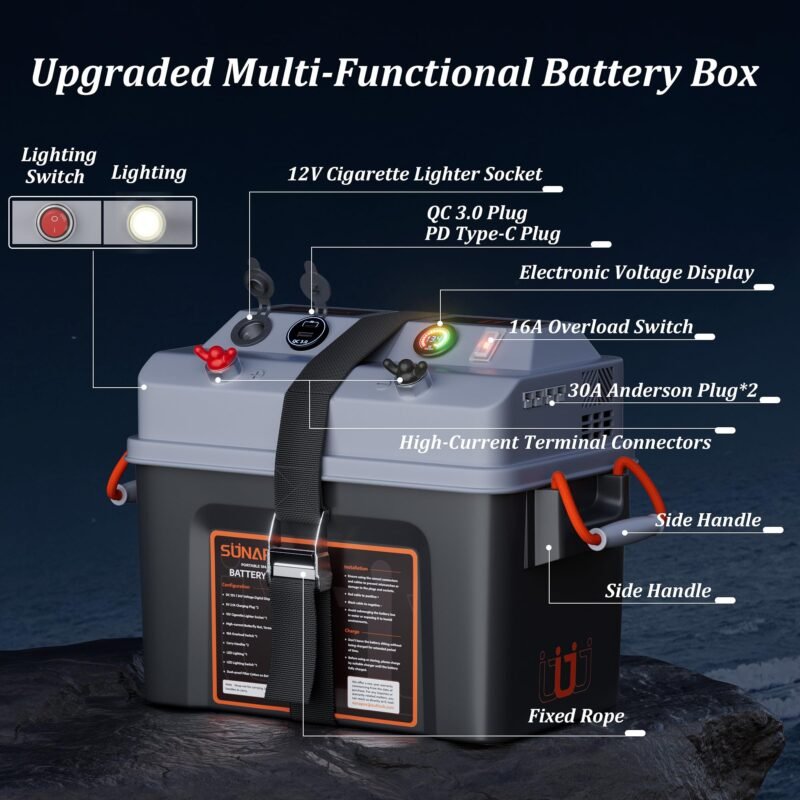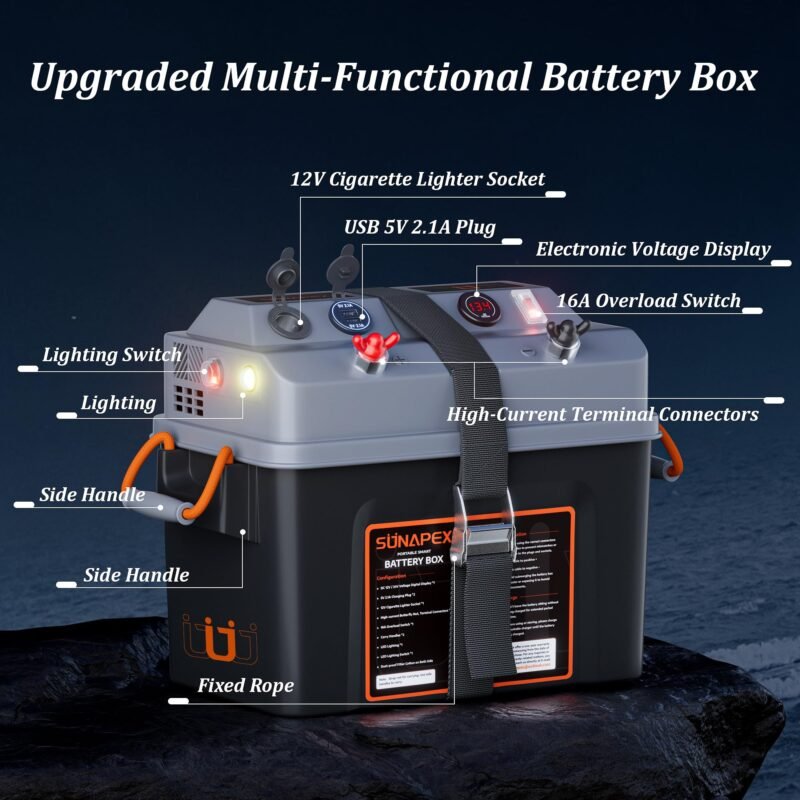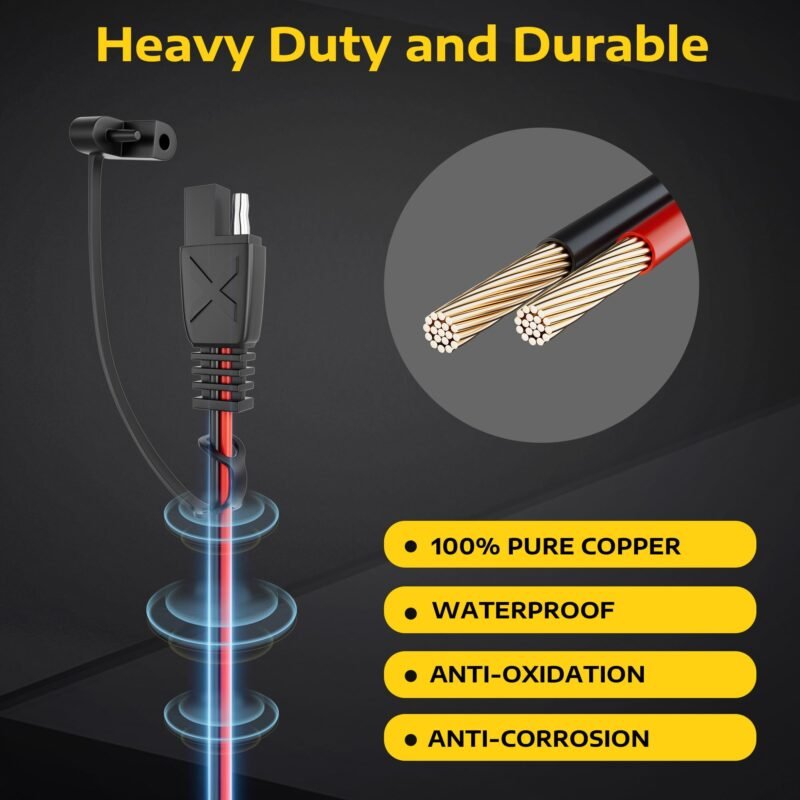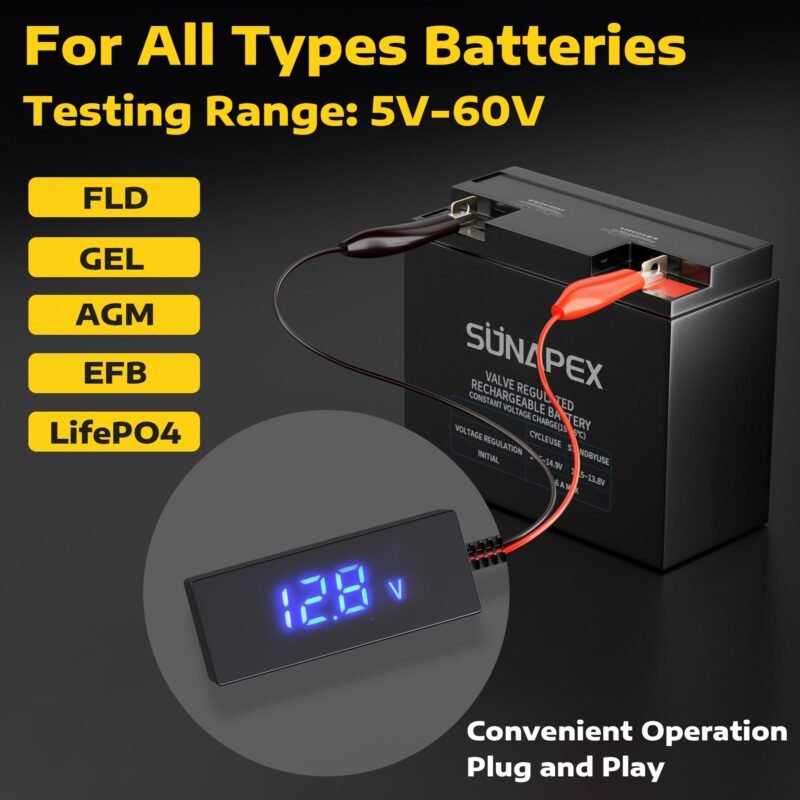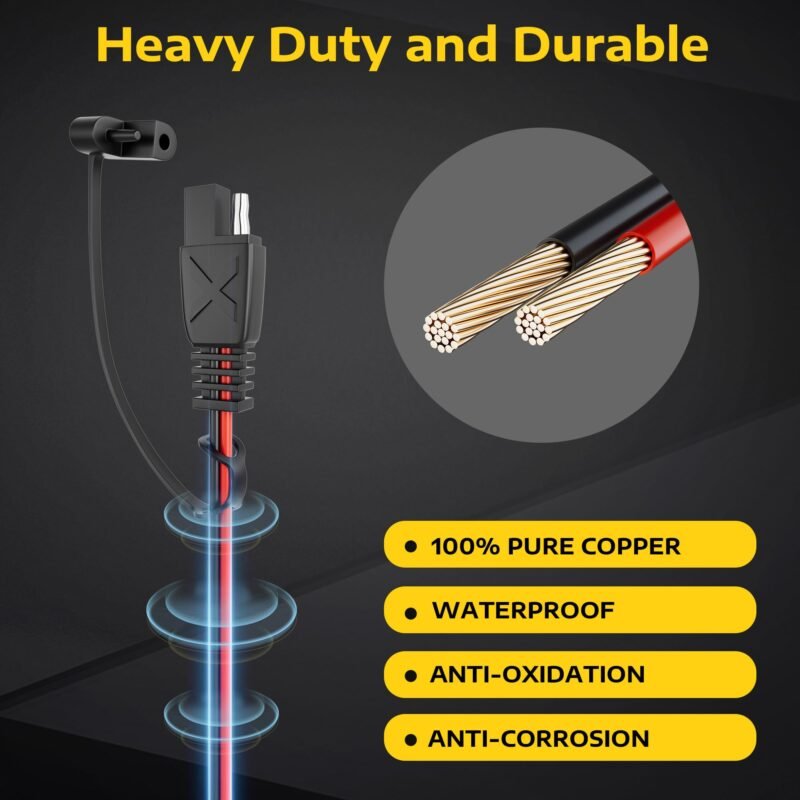Solar Panel
The Benefits of Aluminum Alloy Frame Solar Panels for Charging Batteries
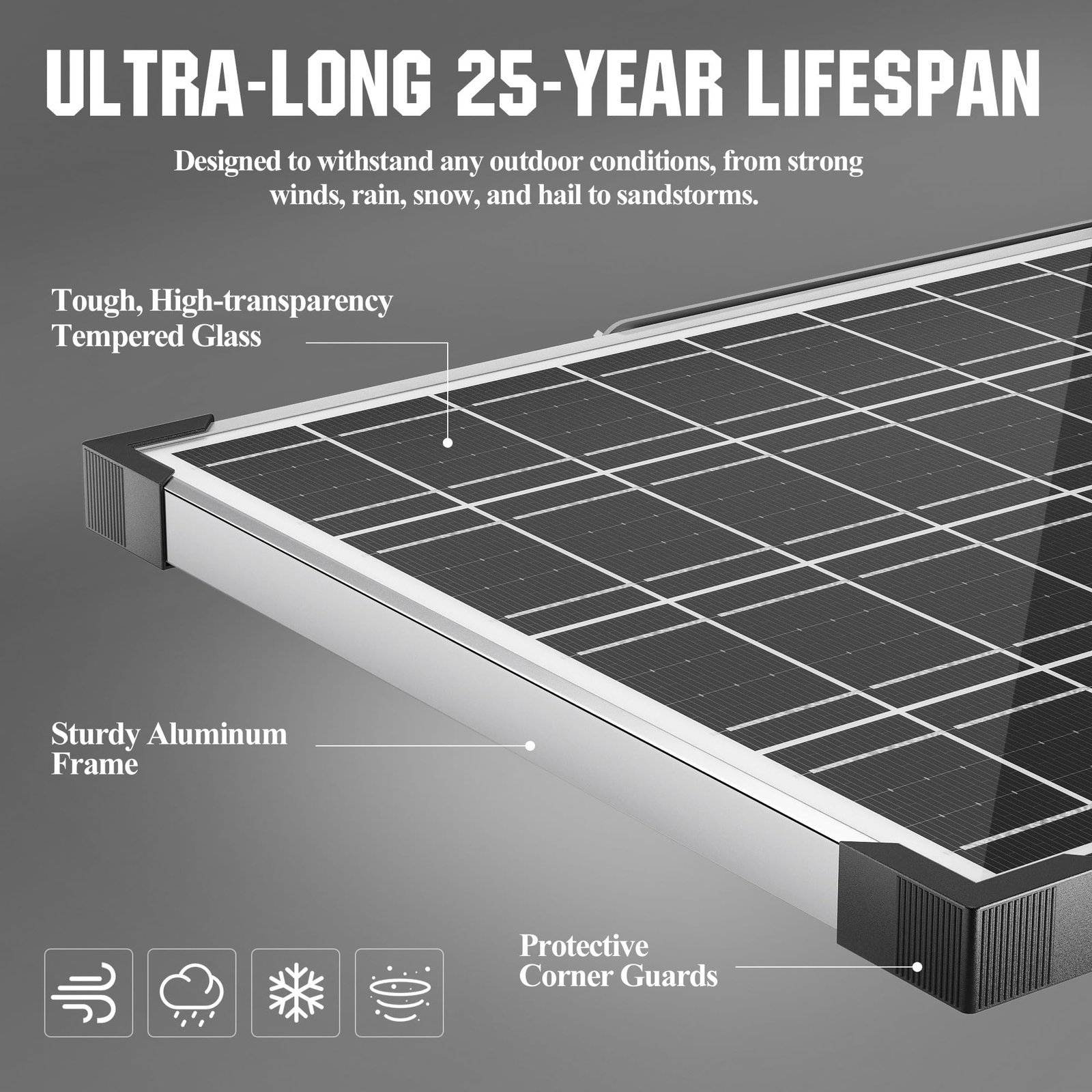
Solar panels have become one of the most reliable and sustainable methods for generating clean energy, offering a powerful solution for both residential and commercial use. One of the key components that significantly enhances the efficiency and durability of solar panels is the frame that surrounds and protects the solar cells. Among the various materials used for solar panel frames, aluminum alloy stands out for its numerous advantages. This article will delve into the benefits of aluminum alloy frame solar panels for charging batteries, making them a preferred choice in the renewable energy market.
Table of Contents
1. Exceptional Durability and Strength
One of the primary benefits of using aluminum alloy for solar panel frames is its exceptional strength and durability. Solar panels are exposed to various environmental stressors such as wind, snow, hail, and temperature fluctuations, making it crucial to have a sturdy frame to ensure long-term performance. Aluminum alloy is strong yet lightweight, making it an ideal choice for frames that need to withstand these challenging conditions without adding excessive weight.
Aluminum alloy frames offer superior protection for the delicate solar cells, safeguarding them from physical damage caused by external forces. They can endure high winds and heavy snow loads, making them suitable for installation in areas prone to extreme weather conditions. This durability ensures that solar panels with aluminum alloy frames can last for decades, consistently charging batteries without suffering from structural issues.
The high tensile strength of aluminum alloy helps the frame maintain its shape over time, reducing the risk of warping or bending, which can compromise the performance of the solar panels.
2. Lightweight for Easy Installation and Transportation
While aluminum alloy frames provide impressive strength, they are also lightweight compared to other materials like steel or heavy plastics. This lightweight characteristic offers several advantages, particularly when it comes to the installation and transportation of solar panels.
The lighter weight of aluminum alloy frames makes it easier for installers to transport and mount the panels, reducing labor costs and the time required for installation. In many cases, solar panels with aluminum alloy frames can be handled and installed by smaller teams or even individuals, without the need for heavy lifting equipment.
This also makes aluminum alloy frame solar panels ideal for off-grid and mobile applications, such as for RVs, boats, or portable solar power systems. The ease of transportation and installation allows users to set up their solar systems quickly and efficiently, ensuring that batteries can be charged wherever sunlight is available.
3. Corrosion Resistance and Longevity
Another significant benefit of aluminum alloy solar panel frames is their excellent resistance to corrosion. Solar panels are typically installed outdoors, where they are continuously exposed to moisture, humidity, and other corrosive elements. Unlike materials such as steel, which are susceptible to rust and corrosion, aluminum alloy naturally forms a protective oxide layer on its surface, preventing oxidation and corrosion over time.
This corrosion resistance is particularly important in coastal areas where saltwater and salt-laden air can rapidly corrode less resistant materials. Solar panels with aluminum alloy frames are ideal for installation in such environments, as they can withstand harsh weather conditions without deteriorating.
Because of their ability to resist corrosion, aluminum alloy frame solar panels have a longer lifespan, maintaining their structural integrity and performance over time. This extended lifespan ensures that batteries can be consistently charged for many years, reducing the need for frequent replacements or repairs and increasing the overall return on investment (ROI) for solar energy systems.
4. High Thermal Conductivity for Improved Performance
Aluminum alloy has high thermal conductivity, which plays an essential role in the overall performance of solar panels. Solar panels are often exposed to direct sunlight for extended periods, which can cause the temperature of the solar cells to rise. Excessive heat can reduce the efficiency of solar panels, diminishing their ability to convert sunlight into electricity.
The high thermal conductivity of aluminum alloy frames allows for efficient heat dissipation, helping to regulate the temperature of the solar cells. By conducting heat away from the solar cells, aluminum frames help maintain optimal operating temperatures, ensuring that the solar panels perform at peak efficiency even under intense sunlight.
This improved temperature regulation enhances the ability of the solar panels to consistently charge batteries, ensuring reliable power generation in both residential and commercial solar installations.
5. Sustainability and Recyclability
Sustainability is a critical consideration in today’s world, especially when discussing renewable energy solutions like solar power. Aluminum is one of the most sustainable materials available, as it is highly recyclable. In fact, aluminum can be recycled indefinitely without losing its properties, making it an eco-friendly choice for solar panel frames.
The recycling process for aluminum also requires only a fraction of the energy needed to produce new aluminum from raw materials, significantly reducing its environmental impact. By choosing solar panels with aluminum alloy frames, users are not only harnessing renewable energy to charge their batteries but are also contributing to the reduction of resource consumption and waste in the manufacturing process.
This sustainability aligns with the broader goals of the solar industry, which seeks to minimize the carbon footprint and promote environmentally responsible practices throughout the production and use of solar panels.
6. Design Flexibility and Aesthetic Appeal
Aluminum alloy frames offer a great deal of design flexibility, allowing manufacturers to create sleek and aesthetically pleasing solar panels. The malleability of aluminum means that it can be easily shaped into various designs without compromising its structural integrity, making it a versatile material for solar panel frames.
This flexibility in design allows manufacturers to create thinner, more streamlined solar panels that can blend seamlessly into different architectural styles. The modern and elegant appearance of aluminum alloy frame solar panels makes them an attractive option for homeowners who want their solar installations to complement the overall aesthetic of their homes.
In addition to their aesthetic appeal, aluminum alloy frames can also be anodized or coated in different colors and finishes, allowing for customization to suit specific design preferences. This level of customization can enhance the visual appeal of solar panels, particularly in residential installations where appearance is a key consideration.
7. Compatibility with Mounting Systems
Aluminum alloy frames are highly compatible with a wide range of solar panel mounting systems, making them a convenient choice for various installation scenarios. Whether the panels are being installed on rooftops, ground mounts, or even on specialized structures like solar carports, aluminum frames can easily integrate with different mounting hardware and accessories.
The compatibility of aluminum alloy frames with existing mounting systems ensures that solar panels can be securely attached and positioned for optimal sunlight exposure. This compatibility reduces the complexity of the installation process and minimizes the risk of errors or issues that could impact the performance of the solar system.
By ensuring a stable and secure installation, aluminum alloy frame solar panels can consistently generate electricity to charge batteries, providing reliable energy output over the long term.
8. Cost-Effectiveness
Aluminum alloy frames offer a cost-effective solution for solar panel manufacturers and consumers alike. While aluminum itself is not the cheapest material, its unique combination of lightweight, durability, and corrosion resistance makes it a cost-effective choice over the long run. The low maintenance requirements, extended lifespan, and recyclability of aluminum alloy frames further contribute to their cost-effectiveness.
For consumers, this means that while the initial investment in solar panels with aluminum alloy frames might be slightly higher compared to panels with lower-quality frames, the long-term savings in terms of reduced maintenance, increased durability, and extended lifespan more than justify the cost. Additionally, aluminum frames ensure that solar panels can reliably charge batteries for many years, reducing the need for replacements and ensuring a higher return on investment.
9. Efficient Battery Charging in Extreme Conditions
Solar panels are often deployed in environments where they are exposed to extreme weather conditions, such as high winds, heavy snowfall, or intense sunlight. In such scenarios, the durability and efficiency of the solar panels are crucial for maintaining reliable power generation and charging batteries effectively.
Aluminum alloy frames provide the structural strength needed to support solar panels in extreme conditions, preventing damage from physical stressors like strong winds or falling debris. Additionally, the corrosion resistance and thermal conductivity of aluminum alloy frames help ensure that the solar panels continue to perform optimally, even in harsh climates.
By using solar panels with aluminum alloy frames, users can depend on their system to efficiently charge batteries under a wide range of environmental conditions, ensuring a consistent and reliable energy supply.
Conclusion
Aluminum alloy frame solar panels offer a range of benefits that make them an excellent choice for charging batteries in both residential and commercial settings. The durability, lightweight nature, corrosion resistance, and thermal conductivity of aluminum alloy frames contribute to the overall performance and longevity of the solar panels, ensuring that they can consistently generate electricity to charge batteries over the long term.
Additionally, the sustainability and recyclability of aluminum make it an eco-friendly choice, aligning with the broader goals of reducing carbon emissions and promoting renewable energy. Whether you are looking to power your home, business, or off-grid setup, solar panels with aluminum alloy frames provide a reliable, cost-effective, and sustainable solution for charging batteries.


